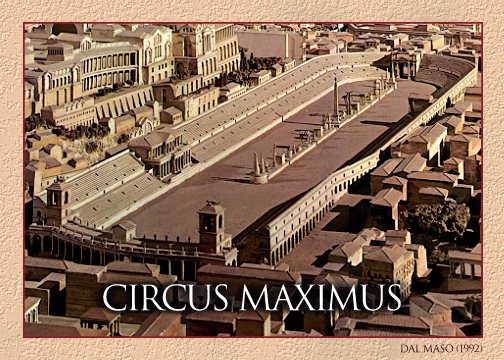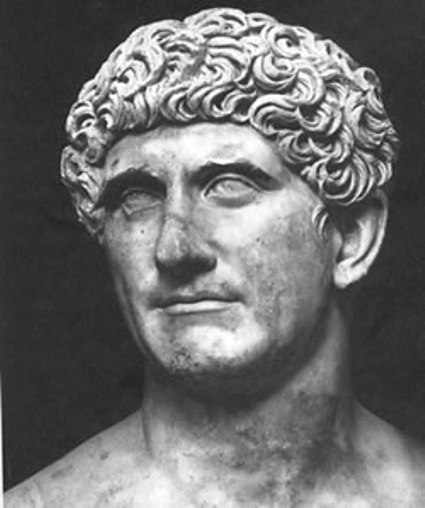Today in class Mr. Schick came back to school from being sick....but he was in a pretty depressing mood. So he just assigned us some pages to read and questions about it that we have to answer.
Define:
A. Republic- a political unit that is not ruled by a monarch and in which citizens with the right to vote choose their leaders.
B. Gravitas-discipline, strength, and loyalty.
C. Pater familias- the eldest man and owner of the household; also called "father of the family".
D. Toga- an uncomfortable garment that every Roman wore which required no tailoring.
E. Patrician- a class of privileged families.
F. Plebeian- the class of common people such as farmers, artisans, and merchants.
G. Legion- a massive military unit.
H. Century- 60 smaller groups that make up the legion.
Identify:
A. Italy- the super-power country consisting of Rome and the Apennines.
B. Rome- at the height of it's power, Rome was called the "capital of the world" controlling the entire Mediterranean Sea and extracting taxes from and tribute from people on the three continents of Africa, Asia, and Europe.
C. Romulus- he was born the son of a god and while he fought with his twin brother he wound up killing him.
D. Palatine Hill- the center of the city of Rome because Romulus had chosen that hilltop.
E. Alps- a mountain range in Southern Europe, extending from France through Switzerland and Italy.
F. Tiber River- this river located in Rome was where many key trade routes between Northern and Southern Italy met.
G. Apennines- a lower mountain range that runs down the length of Italy.
H. Latins- the first group to settle in Italy wandering across the Alps to into Italy around 1,000 B.C.
I. Etruscans- a third group of settlers that entered Italy between 1,200 and 800 B.C.
J. Forum- a valley that became the heart of Roman political life.
Answer:
1. Geography helped Rome because it was built on hilltops which made it easier to defend, and the Tiber River provided a means of transportation and fresh water for the people as well as a hot spot for trade.
2. The Latins, Greeks, and Etruscans were all important to Rome's development. The Latins started Rome as a settlement of shepherds and sheep with hand spun clothing. Then when the Greeks came and brought their prosperous and commercially active civilization with them. Finally, the Etruscans carried over their writing system and architecture to Italy.
3. The values of early Roman society were mostly strength, honor, and their families.
4. (a.) The Roman household was organized with the oldest male wearing the pants in the family. He actually owned all family property and could sell a family member into slavery if he wanted to. He could also kill any of his family members without penalty and spoke for his family in political matters.
(b.) The freedoms that women had in the family and society were that they were citizens, with the right to own property and testify in court, however at home she had to sit upright in a chair while eating dinner even though her husband could recline on the couch during that time.
5. The army was linked to Roman society because the army formed a integral part of the lives and hearts of the people bringing them honor and power.
 Julius Caesar
Julius Caesar
 Tiber River
Tiber River Roman Legion
Roman Legion Crassus
Crassus Octavian
Octavian Mark Antony
Mark Antony Cleopatra
Cleopatra Pompey
Pompey Hannibal
Hannibal
 Julius Caesar
Julius Caesar
 Tiber River
Tiber River Roman Legion
Roman Legion Crassus
Crassus Octavian
Octavian Mark Antony
Mark Antony Cleopatra
Cleopatra Pompey
Pompey Hannibal
Hannibal